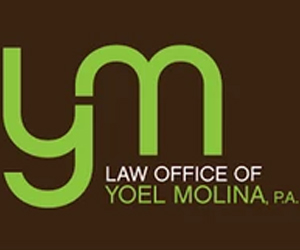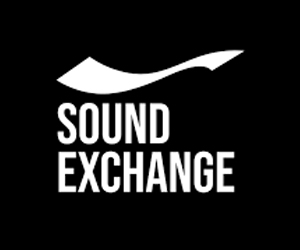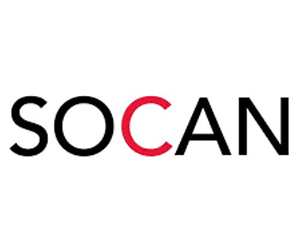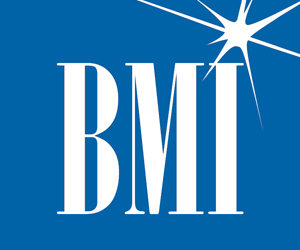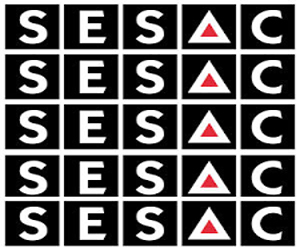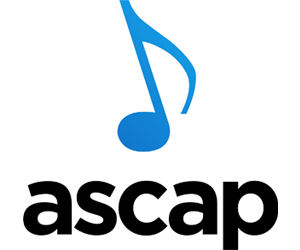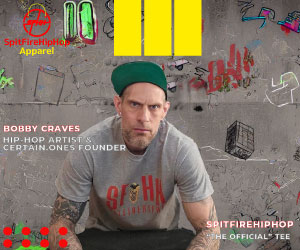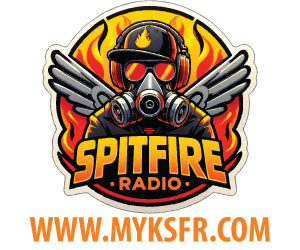
Hip-Hop has always been more than just music—it’s a cultural movement, a form of expression, and, increasingly, a political tool. Since its emergence in the late 1970s, Hip-Hop has evolved into a global phenomenon, shaping fashion, art, and activism. In recent years, its role in politics has become even more pronounced, as artists use their platforms to engage in social issues, promote voter participation, and influence political discussions. From the fight for racial justice to voter advocacy, Hip-Hop has become a powerful voice in politics, reflecting the concerns of marginalized communities and the pulse of a generation demanding change.
The Roots of Political Activism in Hip-Hop
Hip-Hop’s roots in politics can be traced back to its early days. Born out of the streets of the Bronx, New York, Hip-Hop was created by young Black and Latino communities who used it as a means of expressing their frustrations with systemic inequality, poverty, and police brutality. Groups like Public Enemy were at the forefront of politicizing Hip-Hop, with songs like Fight the Power serving as anthems for resistance.
Public Enemy’s Chuck D once famously referred to Hip-Hop as “the CNN of Black America,” a metaphor that still holds true today. Hip-Hop provided a platform for people of color to tell their stories, highlight the struggles of urban life, and challenge the status quo. Artists like KRS-One, N.W.A, and Tupac Shakur built on this foundation, using their music to confront issues like police violence, economic disparity, and government corruption.
Hip-Hop and Social Justice Movements
Fast forward to the present, and Hip-Hop remains intricately tied to social justice movements. In the wake of high-profile cases of police violence against Black Americans, artists have used their music and public platforms to amplify the voices of the oppressed. Kendrick Lamar’s Alright became the unofficial anthem of the Black Lives Matter movement, symbolizing resilience and hope amidst protests.
Beyond just music, Hip-Hop artists have physically shown up for movements. During the 2020 protests against police brutality, artists like J. Cole, Killer Mike, and T.I. were seen at rallies, while others used social media to call for justice and police reform. Killer Mike, who has been vocal about political issues throughout his career, gave a powerful speech in Atlanta following the murder of George Floyd, urging people to “plot, plan, strategize, organize, and mobilize” for change.
Hip-Hop has also been deeply connected to the ongoing conversation about mass incarceration and prison reform. Jay-Z, along with rapper Meek Mill, co-founded the REFORM Alliance, an organization aimed at reforming the criminal justice system and reducing the number of people unjustly caught in the probation and parole cycle. These efforts highlight how Hip-Hop is moving beyond music and influencing policy changes.
Voting and Political Participation in Hip-Hop
One of the most significant ways Hip-Hop has entered the political sphere is through voter advocacy. For decades, voter suppression and disenfranchisement have disproportionately affected communities of color, and Hip-Hop has played a key role in combating these issues. Leading up to elections, many artists use their platforms to encourage voter turnout, particularly among young people and minorities.
In 2004, P. Diddy launched the “Vote or Die!” campaign, one of the first major efforts to get young people involved in the political process through the influence of Hip-Hop. The campaign, while criticized for its slogan’s extreme language, marked a turning point in how Hip-Hop could be used to push for civic engagement. Similarly, organizations like “Rock the Vote” have enlisted Hip-Hop artists to reach younger voters who are often overlooked by traditional political outreach efforts.
More recently, in the 2020 presidential election, Hip-Hop played a pivotal role in mobilizing voters. Artists like Cardi B, who famously interviewed Bernie Sanders about his policies, and Killer Mike, who campaigned for Democratic candidates in Georgia, made headlines for their involvement. Cardi B’s use of Instagram Live to discuss politics with her followers brought critical issues to the forefront of discussions in a way that resonated with younger generations.
In addition, artists like Chance the Rapper, Lil Baby, and Megan Thee Stallion actively encouraged their fans to vote, whether by releasing politically charged music or using their platforms to spread information about voting registration and mail-in ballots. The presence of these artists in political conversations highlights the increasing expectation for Hip-Hop stars to use their influence for more than just entertainment.
The Upcoming Election and Hip-Hop’s Influence
As we approach the upcoming election next month, Hip-Hop’s involvement is once again expected to be significant, especially as many critical issues hang in the balance. The 2024 election, like the ones before it, brings into sharp focus debates over racial justice, economic inequality, and systemic reforms—issues that Hip-Hop has long been vocal about.
Several Hip-Hop artists are already speaking out about the importance of voter participation. For instance, Chance the Rapper has been using his social media platforms to remind his audience of the importance of local elections and to vote not just for the presidential race but also for senators, governors, and other officials whose policies can directly impact their communities. In a recent Instagram post, he emphasized how critical this election is, especially for communities of color, urging his followers to register and make their voices heard.
Similarly, activist and rapper Killer Mike has been giving interviews and participating in town halls to engage voters on the policies that matter to them, from healthcare to criminal justice reform. Known for his political activism, Mike has also been focusing on encouraging African American communities in southern states like Georgia to turn out in large numbers. His voice carries weight, especially after his influence in helping to flip Georgia during the 2020 election.
Meanwhile, YG and Nipsey Hussle’s 2016 track FDT (F** Donald Trump)* has resurfaced and remains a relevant anthem in protest music as younger generations express their frustrations with current political leadership. Artists like Diddy have also revived voter initiatives—his recent “Our Black Party” initiative aims to build a political platform that centers on the needs of Black Americans, hoping to influence future elections.
Impact of Hip-Hop on the 2024 Election
Given the popularity of Hip-Hop among younger demographics, the genre is likely to play a crucial role in influencing voter turnout, especially among first-time voters and those who are typically disengaged from politics. With platforms like TikTok and Instagram amplifying artists’ political messages, Hip-Hop serves as a bridge between the music industry and civic participation, engaging younger audiences in ways that traditional political campaigns often fail to do.
The stakes are high for the 2024 election, and Hip-Hop artists are pushing the conversation forward, making sure that their fans understand the power of their vote. This push for engagement will likely focus on issues that resonate with their audiences—social justice reform, economic equality, police accountability, and healthcare access. As more artists speak out and advocate for change, Hip-Hop’s impact on this election could prove decisive, much like it was in 2020.
Conclusion: Hip-Hop as a Political Force
As Hip-Hop continues to evolve, so does its role in shaping political discourse. What started as a way for marginalized communities to express their struggles has grown into a powerful force for social change. Today, artists are not just entertainers; they are activists, influencers, and, in many cases, political figures in their own right.
Hip-Hop’s engagement with politics—whether through advocating for social justice, encouraging voter turnout, or endorsing candidates—reflects the genre’s deep connection to the communities it represents. With the upcoming election on the horizon, Hip-Hop’s influence will likely be felt once again as artists use their platforms to push for change. As the world continues to grapple with issues of inequality, injustice, and systemic racism, Hip-Hop will undoubtedly remain at the forefront of these critical conversations, using its platform to push for real change.





